Complete Guide About Car Tyre Air Pressure in UAE
Optimizing your car's performance and staying safe on the roads in the UAE starts with maintaining proper tyre pressure. This comprehensive guide answers all your questions about car tire air pressure in the UAE, helping you understand its importance, how to check it, how tire pressure should be, and the consequences of incorrect inflation.
What Should My Car Tyre Air Pressure Be in the UAE?
Your tyre's recommended air pressure is measured in pounds per square inch (PSI) or bars. Most passenger cars in the UAE require a pressure between 32 and 35 PSI when cold. However, this can vary depending on your specific vehicle model, tyre size, and load.
Three Ways How to Check Car Tyre Air Pressure?
- Check your car's owner's manual: This will have the exact pressure specification for your vehicle.
- Look for the tyre placard: This sticker is usually located inside the driver's door jamb or on the fuel filler door.
- Use an online tyre pressure calculator: If you want to check your tyre pressure. Simply enter your car's details and get the recommended pressure instantly through SILCA Calculator.
Important Note:
- The pressure indicated on the tyre sidewall is the maximum safe pressure, not the recommended one for your specific vehicle.
- Always check your tyre pressure when the tyres are cold, meaning they haven't been driven for at least two hours or less than 2 miles.
What are the Optimum Tyre Air Pressures?
- Increased safety
- More predictable road handling
- Reduced fuel consumption
- Reduced emissions
Maintaining proper tyre pressure offers several benefits for your car and your safety:
- Increased safety: Properly inflated tires improve handling and stability, reducing the risk of accidents.
- Predictable road handling: You'll experience better grip and control, especially during emergencies or challenging road conditions.
- Reduced fuel consumption: Properly inflated tyres have less rolling resistance, which translates to improved fuel efficiency.
- Reduced emissions: Improved fuel efficiency also means less harmful emissions released into the environment.
- Extended tyre lifespan: Properly inflated tyres wear evenly and last longer, saving you money on replacements.
How to Check Your Car Tyre Air Pressure?
Checking your tyre pressure regularly is crucial for maintaining their performance and safety. Here's how to do it:
- Remove the valve cap: Locate the valve stem on each tyre and remove the dust cap.
- Attach the pressure gauge: Firmly press the gauge onto the valve stem until it displays a reading.
- Compare the reading to the recommended pressure: If the pressure is lower, inflate the tyre using a suitable pump. If it's higher, use the pressure gauge's release button to let out air gradually.
- Repeat the process for all four tyres, including the spare: Don't forget to check the pressure on your spare tyre as it loses air over time.
How Often Should I Check My Tyre Pressure?
It's recommended to check your tyre pressure every two weeks, especially before long journeys or driving in extreme weather conditions. Additionally, check your tyres anytime you suspect they might be underinflated, such as after hitting a curb or driving through a pothole.
Consequences of Incorrect Car Tyre Air Pressure:
Both underinflated and overinflated tyres can pose significant risks and have negative consequences:
Underinflated Tyres:
- Increased risk of aquaplaning
- Longer braking distances
- Reduced fuel efficiency
- Uneven tyre wear
- Shorter lifespan
Overinflated Tyres:
- Reduced traction and grip
- Increased risk of blowouts
- Rougher ride
- Heavy and uneven tyre wear
- Shorter Lifespan
Popular Car Brands and Models in UAE with Recommended Tyre Pressure
These are general recommendations and may vary depending on your specific car model, tire size, and driving conditions. Always refer to your car's owner's manual or a tire pressure sticker inside the driver's door for the most accurate information.
Tire pressure should be checked regularly, especially in hot weather, as underinflated tires can affect fuel efficiency and handling.
|
Brand |
Model |
Tyre Pressure (Front) |
Tyre Pressure (Rear) |
|
Maruti Suzuki |
Swift |
32 psi |
30 psi |
|
Ciaz |
33 psi |
31 psi |
|
|
Grand Vitara |
35 psi |
33 psi |
|
|
Hyundai |
Creta |
32 psi |
30 psi |
|
Tucson |
35 psi |
33 psi |
|
|
Palisade |
36 psi |
34 psi |
|
|
Toyota |
Corolla |
33 psi |
31 psi |
|
Hilux |
35 psi |
33 psi |
|
|
Prado |
36 psi |
34 psi |
|
|
Nissan |
Sunny |
32 psi |
30 psi |
|
X-Trail |
34 psi |
32 psi |
|
|
Patrol |
36 psi |
34 psi |
|
|
Renault |
Duster |
33 psi |
31 psi |
|
Koleos |
34 psi |
32 psi |
|
|
Captur |
32 psi |
30 psi |
FAQ’s
1. What is TPMS in a car?
TPMS stands for Tire Pressure Monitoring System. It's a safety feature that alerts you if any of your car's tires are underinflated, preventing blowouts and improving fuel efficiency. Most vehicles in the UAE built after 2014 have mandatory TPMS systems.
2. How much air is required in car tires?
The exact air pressure depends on your car model and tire size. Check your car's manual or a sticker inside the driver's door for the recommended PSI (pounds per square inch) for your specific tires.
3. What should my tire pressure be?
Follow the recommended PSI in your car manual or door sticker. Remember, higher temperatures mean tires lose air faster, so adjust the pressure slightly higher during UAE's hot summers.
4. Is 40 psi good tire pressure?
40 psi might be suitable for some heavy-duty tires or specific driving conditions, but it's typically too high for standard passenger car tires in the UAE. Always refer to your car's recommended PSI to ensure optimal performance and safety.
5. What is the correct air pressure for car tyres?
There's no one-size-fits-all answer. Check your car's manual or door sticker for the recommended PSI for your specific tires and adjust based on temperature and driving conditions. Regularly monitoring and maintaining correct tire pressure is crucial for safe driving in the UAE's hot climate.



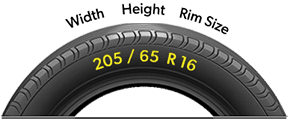



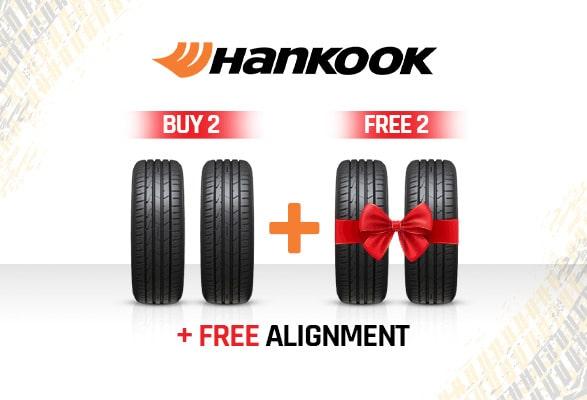

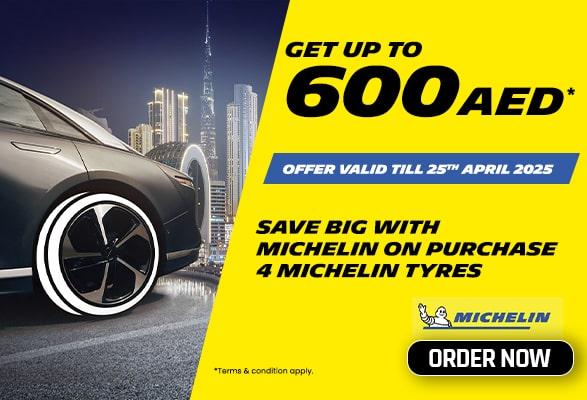
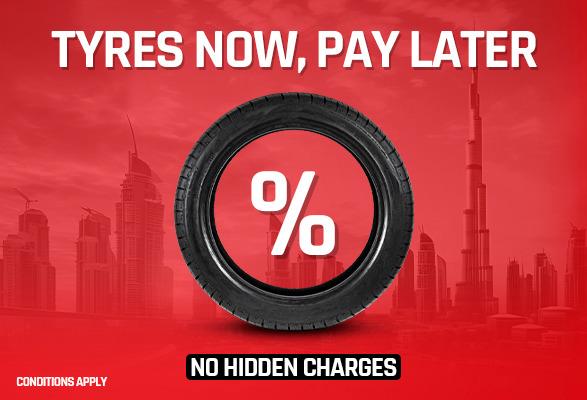
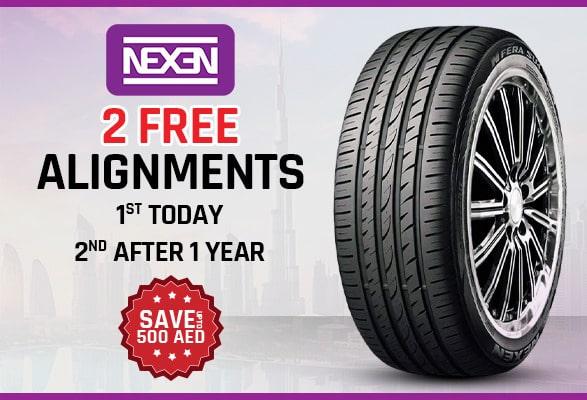
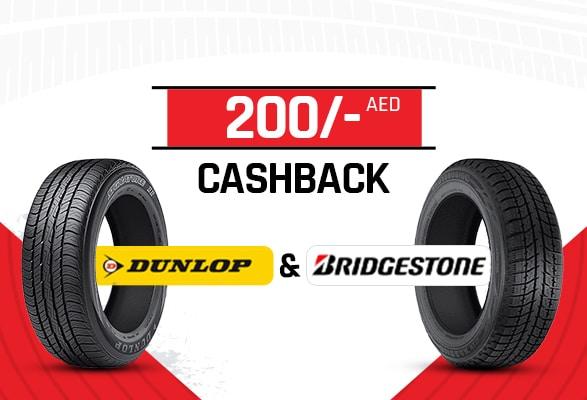
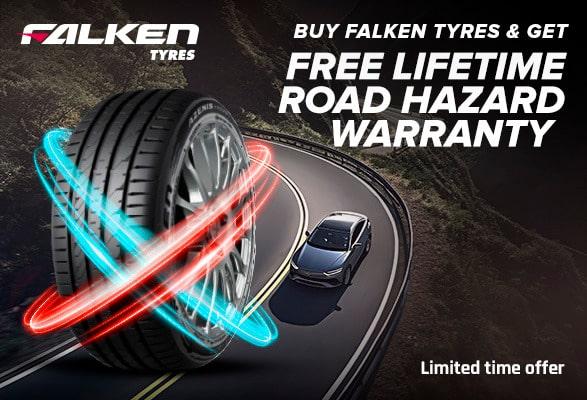
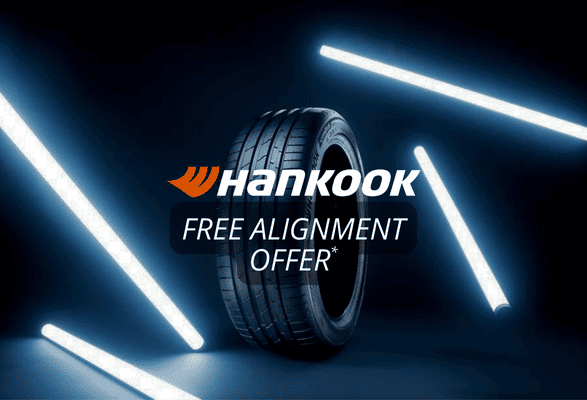


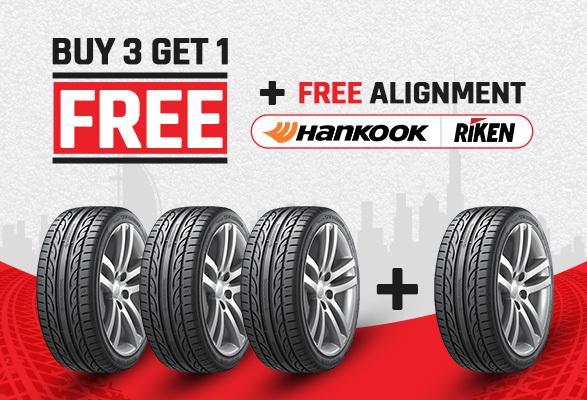
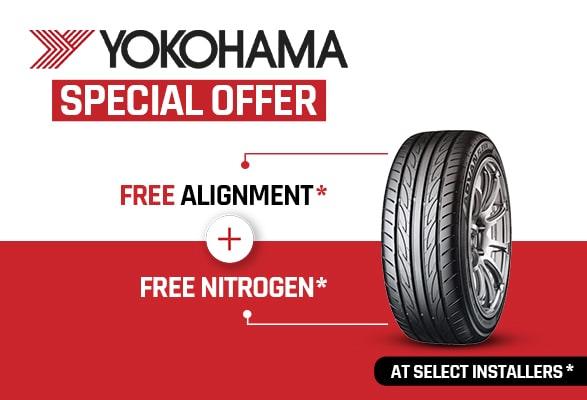
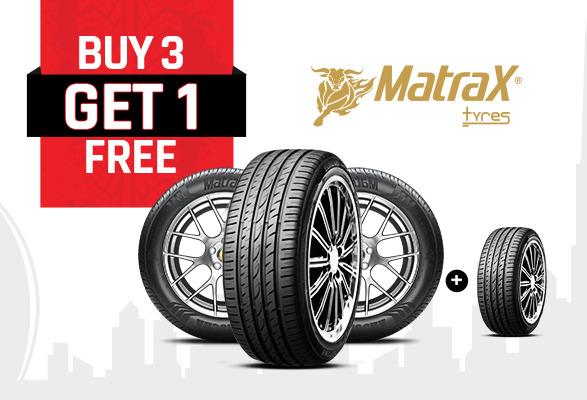
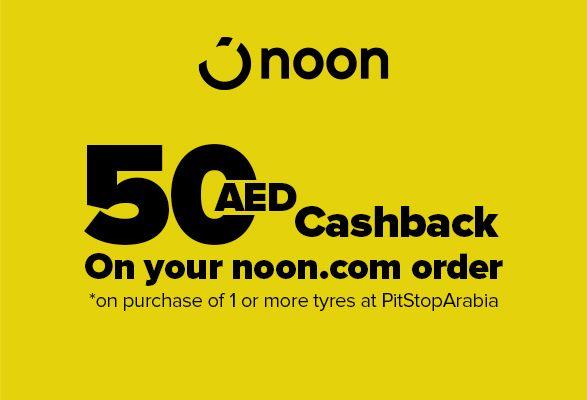
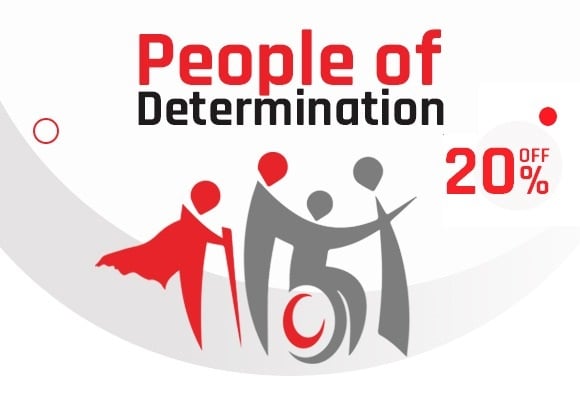





















Conclusion
Maintaining proper tyre pressure is an essential aspect of responsible car ownership in the UAE. By understanding the recommended pressure for your vehicle. Regularly checking and adjusting it. Being aware of the potential consequences of incorrect inflation, you can ensure optimal performance, safety, and peace of mind on the road.